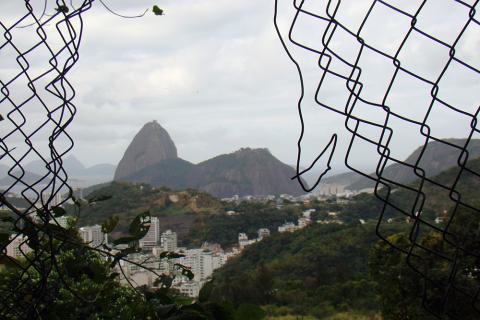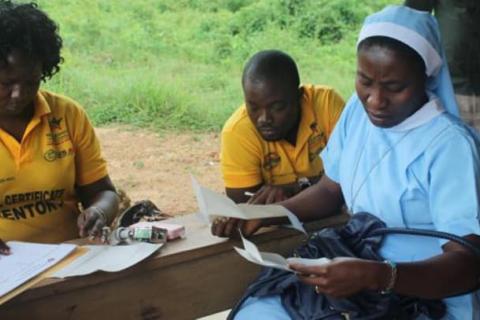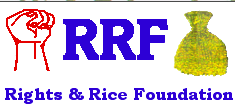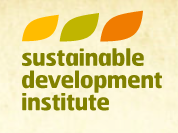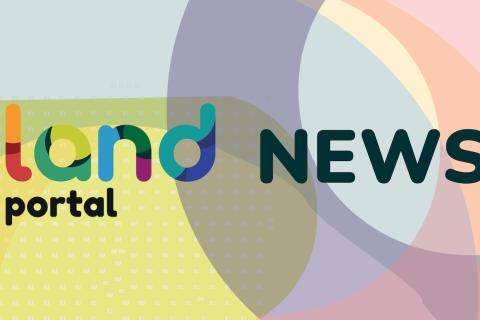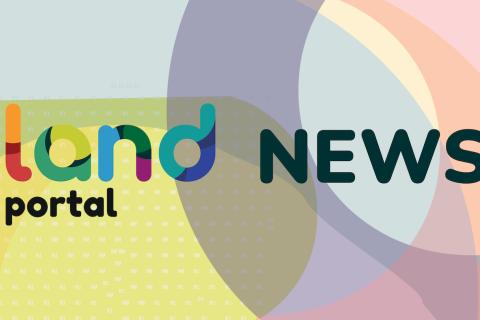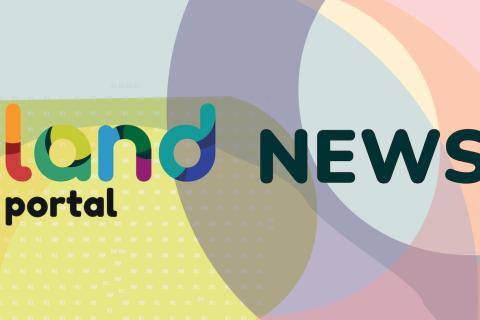
Topics and Regions
Details
Location
Contributions
Displaying 351 - 360 of 400Benchmarking Real Change for women to Secure Land by Bridging Data and Social Movement
Women represent the majority of Brazil’s population (51.6% in 2017). However, only 12% of the landowners are women and just 5.5% own agricultural land in Brazil (IBGE, Agricultural Census, 2006). This gender disparity is just part of the immense problem women face in terms of land rights in Brazil. A major issue is the persistent gap between what is in the law and what happens in practice.
Climate Change Needs Behaviour Change
Climate change needs behavior change.What people eat, what they buy and what they use contributes directly to climate change. In just eight months, humans consume what the earth can sustainably produce in a single year. Nearly two-thirds of global emissions are linked to both direct and indirect forms of human consumption – even conservative estimates for the potential of changing behaviors to reduce consumption of natural resources suggest an enormous contribution to reducing global emissions.
Need a reason to open up land rights data? Here are 10
As more than 1,000 global leaders in land rights gather in Washington, D.C., next week for the annual World Bank Land and Poverty conference, there will, no doubt, be much discussion focused on gathering data to measure global progress toward documenting and strengthening land rights for all women and men.
The Liberia Land Rights Act
Land Rights Now
To achieve our Goal, we are campaigning for an unprecedented mobilization of Indigenous Peoples and local communities, governments, intergovernmental organizations, corporate and other private sector actors, civil society, social movements, and citizens from all over the world. To realise the change we want, we ask that by 2020…
Rights Rice Foundation
Rights and Rice Foundation (RRF) is a Liberian non-governmental organization registered with the overall aim of working for social justice and community empowerment. Since 2007 RRF has implemented several programs and projects supported by donors and funding agencies like UN Women, UNDP, USAID, GIZ and Welthungerhilfe. Today RRF works around three key thematic pillars, namely: political and economic governance, community empowerment and conflict mediation. RRF now implements seven programs in 10 of Liberia’s 15 counties.
Sustainable Development Institute
SDI is complrised of grassroots activists using technology to hold the Liberian government & corporations to their commitments.
Cut more trees! Cambodians challenge conservation
TA BOS, Cambodia - The Cambodian rosewood had stood for hundreds of years, but its value finally proved too hard to resist and the giant tree came crashing down - inside a protected forest.
It's unclear exactly who was behind the felling - nobody has been charged - but it set off a series of events, which culminated in hundreds of villagers rejecting their community forest in favour of cutting more trees.
Down and out in Ulaanbaatar: the battle for housing in a city in crisis
ULAANBAATAR - In a damp, single room in a disused bathhouse in the Sansar area of eastern Ulaanbaatar, 90-year-old Yuule Vandan cares for her disabled son and worries how he will survive without her.
Yuule moved out of a shared flat in an old Soviet barracks over three years ago while it was redeveloped but the project was shelved and she now struggles to pay 100,000 tugrik ($42) rent from a state pension of 250,000 tugrik for their one room.
Norwegian government report sharply critical of funding for tropical forest conservation
A recent report by Norway’s Office of the Auditor General had some tough criticisms for the country’s International Forests and Climate Initiative (NICFI), one of the chief funders of REDD+ initiatives around the world.

